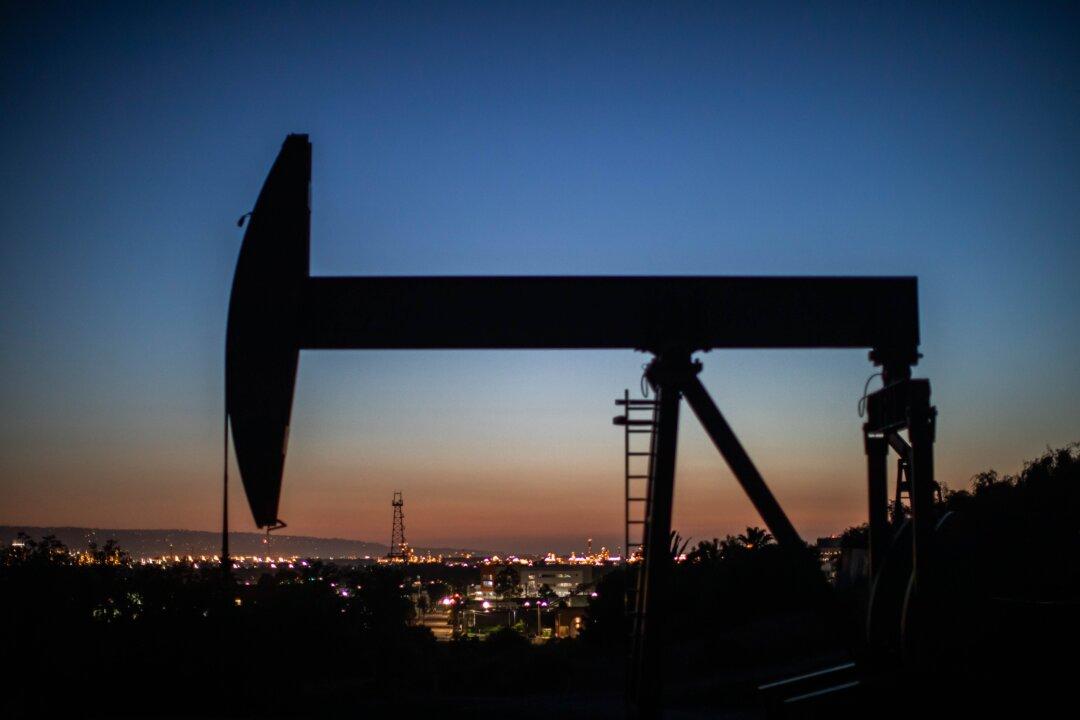The Biden administration has clamped down hard on energy and oil as part of its climate change agenda. But experts warn that the president’s recent actions will have long-term impacts on production and the economy—it will also mean more dependence from imports.
President Joe Biden recently issued a slew of executive orders including freezing new oil or natural gas leases and drilling permits on federal land, as well as canceling the permit for the Keystone XL pipeline. While the moves were hailed by environmentalists, experts told The Epoch Times the drawbacks outweigh any potential benefits.





